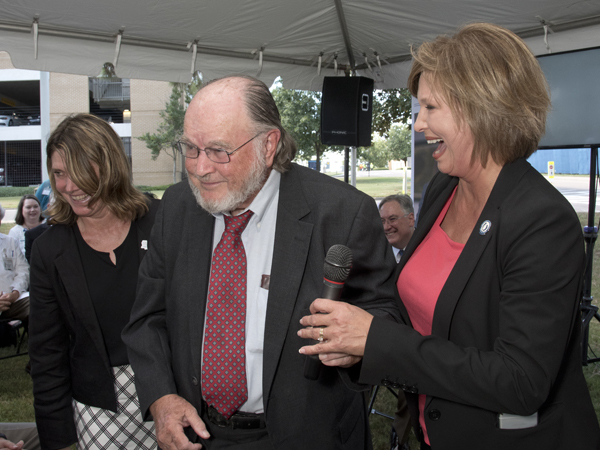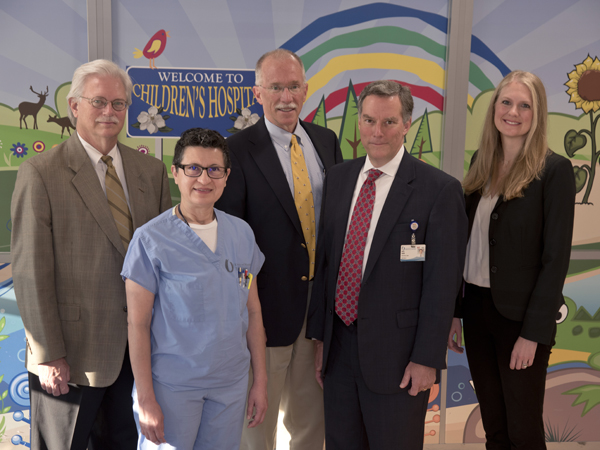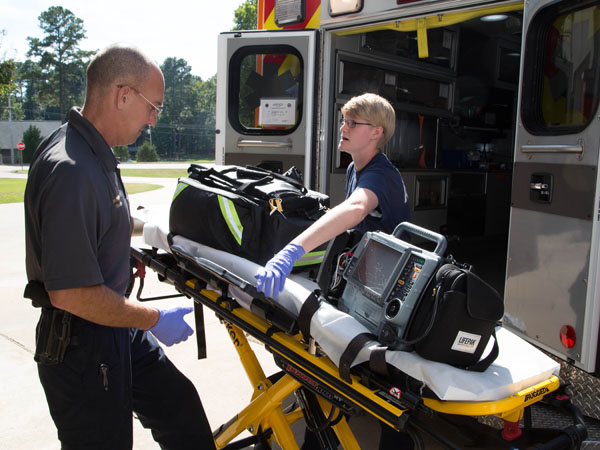|
When a four-wheeler flips or a tornado touches down in a rural area, it's the first hands on the scene - those of a volunteer firefighter, a local police officer, perhaps a state trooper -- that can make the difference between a victim living or dying.
|

|
The latest chapter in Mississippi's health story has a name - The John D. Bower School of Population Health. At a ceremony Monday, Sept. 19, university and health-care leaders celebrated the newest health science school at the University of Mississippi Medical Center. “Population health resides at the intersection of clinical care and public health,” said Dr. Bettina Beech, dean of the school. “It is an emerging field that seeks to prevent and treat diseases by keeping people healthy and by addressing the multiple factors that impact the health of individuals and communities.”
|
|
The University of Mississippi Medical Center is the recipient of a National Institutes of Health grant for more than $1.9 million that will be used to support research in how environmental factors from conception through early childhood influence the health of children and adolescents.
|

|

|
The Medical Center is proud to announce the following additions to its faculty and leadership staff.
|
























